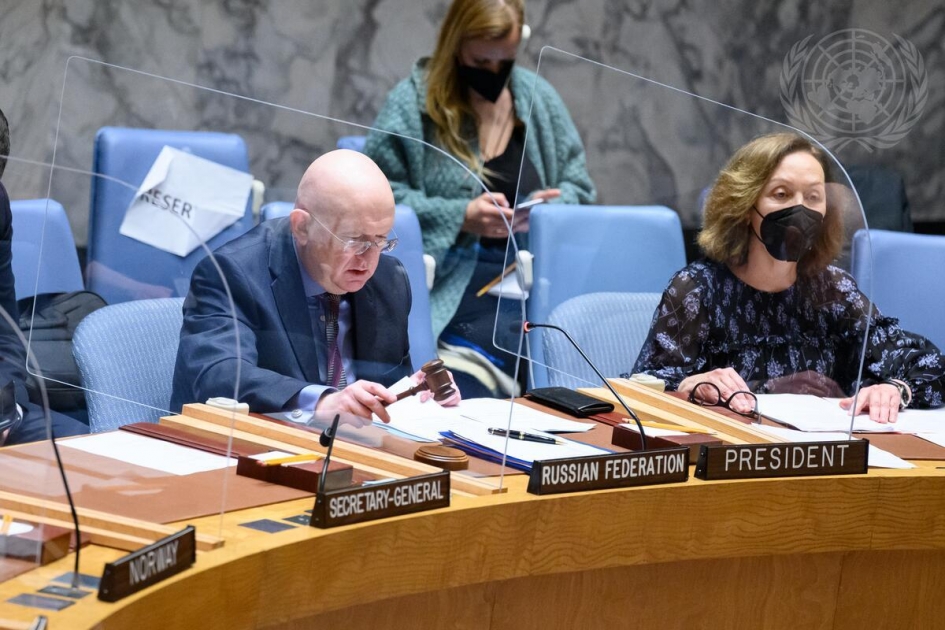Statement by Permanent Representative Vassily Nebenzia at UN Security Council briefing on the work of the UN Compensation Commission (Iraq)
Colleagues,
I would like to welcome H.E. Dr. Fouad Mohammad Hussein, Minister for Foreign Affairs of Iraq, as well as Permanent Representative of Kuwait to the UN Ambassador Mansour Ayyad Al-Otaibi to this meeting. I also thank Mr.Michael Gaffey, President of the Governing Council of the United Nations Compensation Commission for his briefing and all stakeholders – for their comprehensive support.
We are present at a truly historic event – special session of the Security Council on the occasion of closure of the UN Compensation Commission for Iraq and adoption of a corresponding resolution, UNSCR 2621. It took more than 30 years before we could convene this meeting. Over that period, the Middle East has seen some dramatic transformations. However Iraq and its closest neighbors, Kuwait in the first place, set forth dialogue in a consistent and standing manner in order to foster lasting peace and security in the region. Our today’s meeting is the result of this commitment.
Russia, alongside with other UNSC members, welcomes Baghdad’s tireless efforts aimed at implementing its international obligations to pay out the awarded compensation to all claimants. Thanks to this responsible approach, Iraq completed its payments last month and no longer has to pay to the Compensation Fund part of the proceeds generated by the export sales of Iraqi oil. We are convinced that these unleashed resources will contribute to enhancing the socio-economic status of the Iraqi community, that has experienced humanitarian effects of the sanctions pressure ever since crisis started in the Persian Gulf back in 1990. Sanctions that were meant to serve the interests of a political settlement, ultimately turned into a collective punishment for innocent people.
As the Compensation Commission concludes its mandate, we need to learn this “Iraqi lesson” and develop a shared understanding that “the language of sanctions”, as one of the strongest forms of response to threats to international peace and security, should only be used in exceptional cases. International restrictive measures must reflect the situation on the ground and add to political settlement, whereas sanctions regimes must be regularly reviewed and modified until fully lifted.
We must not forget that the US and its allies’ invasion of Iraq in 2003 was done on a pretext of destroying the not existing WMDs in the absence of a Security Council mandate and in violation of the international law. The war that was started through blatant disinformation in the interests of a regime change and seizure of natural resources, claimed hundreds of thousands of civilians and turned millions into refugees and IDPs. The country plunged into chaos under years-long foreign occupation.
Until this day, families of many of those Iraqis who died in that war have received no compensation. No one was held accountable for indiscriminate and disproportionate use of force during the operations, As for the infamous WMDs, it was never discovered in Iraq.
To conclude, we would like to reiterate our consistent approach regarding the unacceptability of double standards and unilateral coercive measures, the trend toward using which undermines the norms and institutes of the international law.
Thank you.
